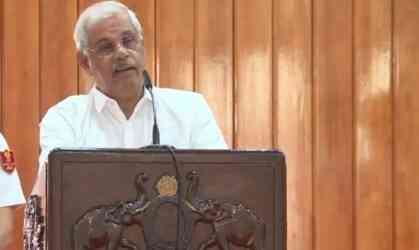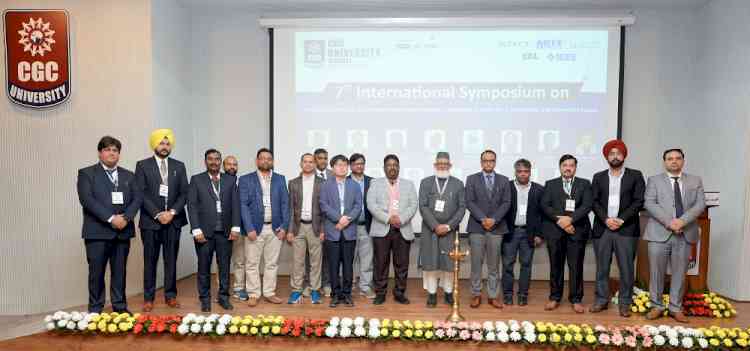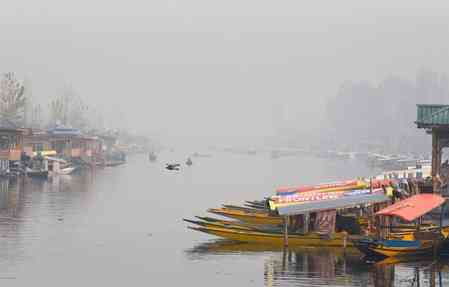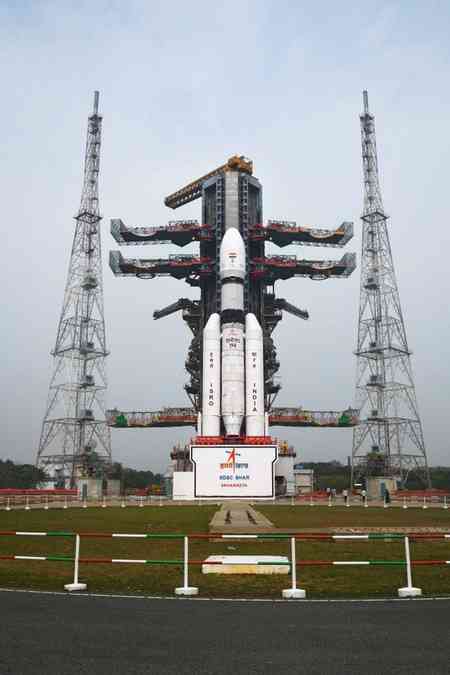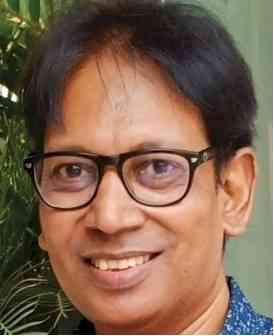Webinar by department of defence and national security studies
The webinar was attended by various faculty members, serving and retired armed forces officers
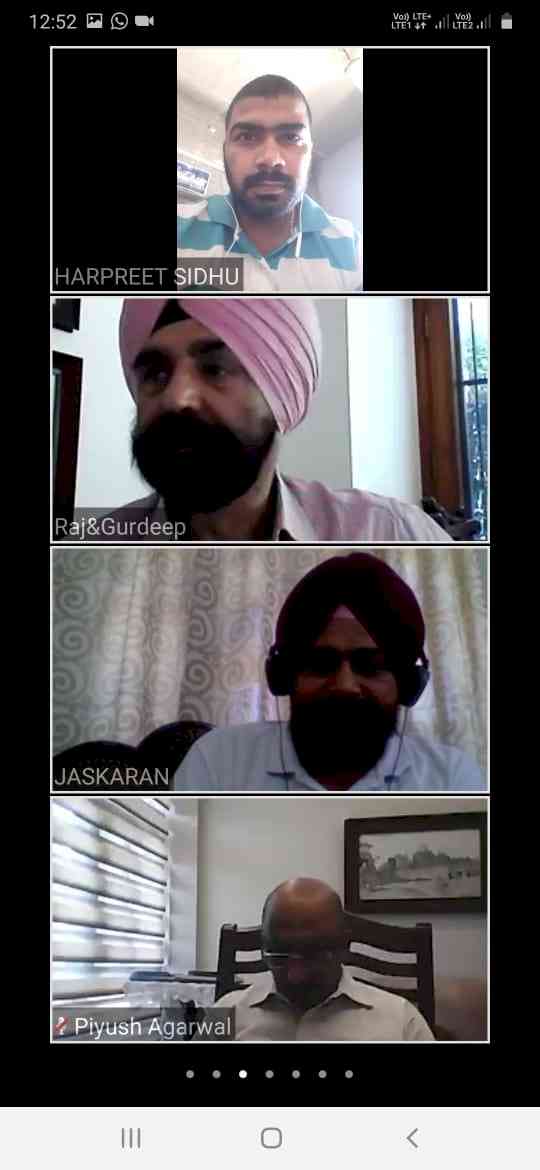
Chandigarh: The Department of Defence and National Security Studies, Panjab University, Chandigarh, as part of its ongoing online academic endeavours during the Covid-19 lockdown, organised a Special Webinar on the theme – “Proxy War in Jammu and Kashmir” by Lt Gen Gurdeep Singh, PVSM, AVSM, former Chief-of-Staff, Western Command, today.
The General who holds a vast experience of service in Jammu and Kashmir, especially in the domains of counter infiltration and counter insurgency, began his lecture by explaining the history of the proxy war in J&K, while highlighting its evolution over the last three decades. Pakistan started the proxy war because the Pakistan Army feels that training and arming terrorists is the cheapest option available to create mayhem in J&K.
In the recent years it has also been using social media and cyber-warfare for this purpose.
It is only a very small part of the Kashmiri population which is radicalized and we need to accept the fact that a resident of J&K is as patriotic as any other Indian. There has been a lot of Jingoism in the media about the state. Only negative stories are highlighted while the positive ones are ignored. This needs to stop in order to build trust.
The Union Territory of Jammu and Kashmir is divided into two parts by the Pir Panjal Mountain Ranges – the Jammu Region and the Kashmir Valley. The Jammu region extends from Kathua to Poonch. Although cross border firing does occur in the Line of Control in this region but infiltration has reduced. However it is the International Border of this region which has seen an increase in infiltration followed by several terrorist attacks including the Pathankot Air Base attack.
The Kashmir Valley population is a predominantly Muslim, with a sizable portion of Sikhs and a sprinkling of Kashmiri Pandits who stayed back. The situation in this region is stable but fragile. Presently there are about 200-250 terrorists in this region, in the last ten years the numbers of local terrorists in Kashmir has grown while numbers of foreign terrorists has reduced.
The Ladakh Union Territory which was earlier a part of the State of Jammu and Kashmir includes the Kargil and Ladakh areas. The population of Ladakh is largely Buddhist while in Kargil, it’s a Shia Majority. However, the situation in these areas have always been peaceful.
Further, he emphasised that our Politico-Security Strategy should be aimed at Conflict Resolution instead of Conflict Management. If there is any lack of trust or alienation in any section of the population, then it should be addressed. Another step, he advocated, can be restoration of 4G internet, if it has any ill effects, then it can be stopped again. Once the Corona outbreak is over, J and K should be given statehood again and fresh elections should be held. Establishment of Industry should be promoted by building confidence in the investors and businessmen. Tourism should also be revived as it’s the main source of livelihood for the locals. Education is a key area for improvement and more and more boarding schools should be opened. It would help in deradicalising young minds. The creation of communication infrastructure would help in fighting the proxy war.
Our security strategy is three-pronged to include prevention of infiltration on the Line of Control; engaging terrorists in the hinterland; and targeting the terrorist leadership. We have been able to bring down the average age of the terrorist, and several steps are being taken to engage the parents of the terrorists so that they surrender. This proxy war has been going on for long but there has been reduction in the number of terrorists active in the region with time. All the measures discussed should help in countering the proxy war.
The webinar was attended by various faculty members, serving and retired armed forces officers pursuing courses in the department, research scholars and students.


 cityairnews
cityairnews 
